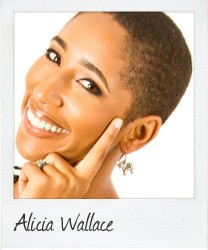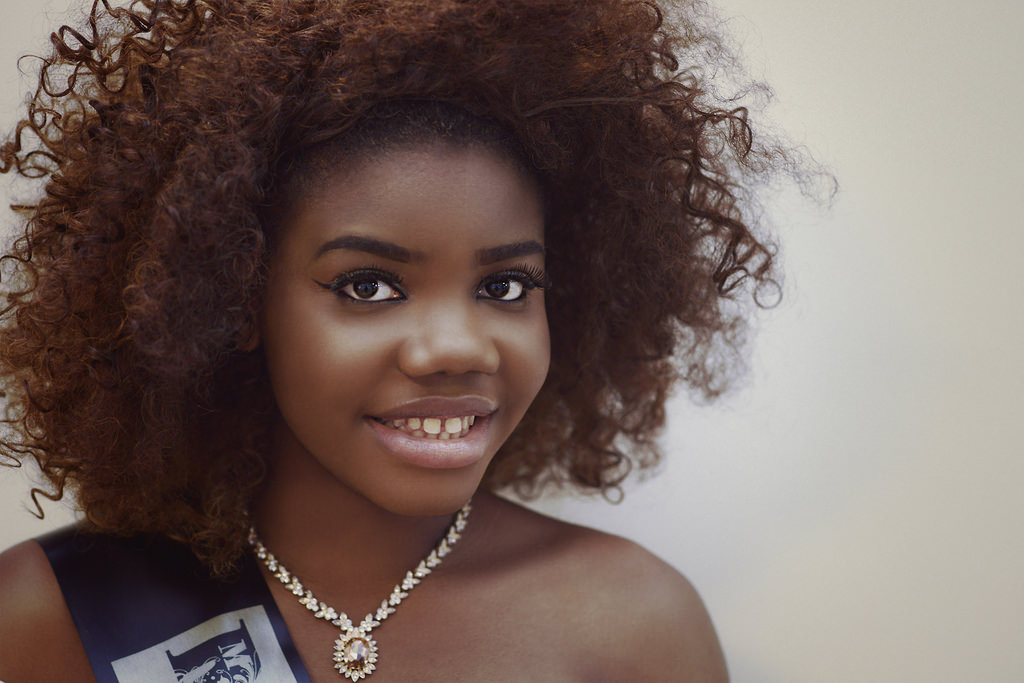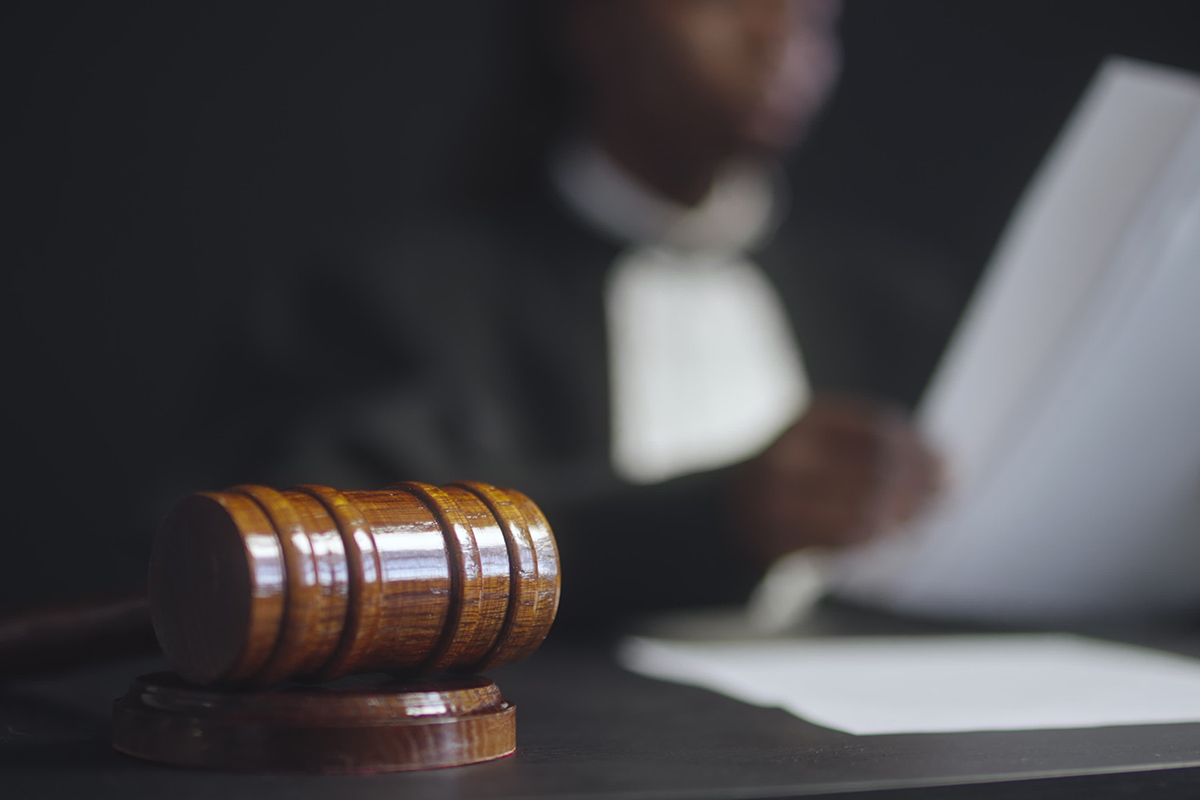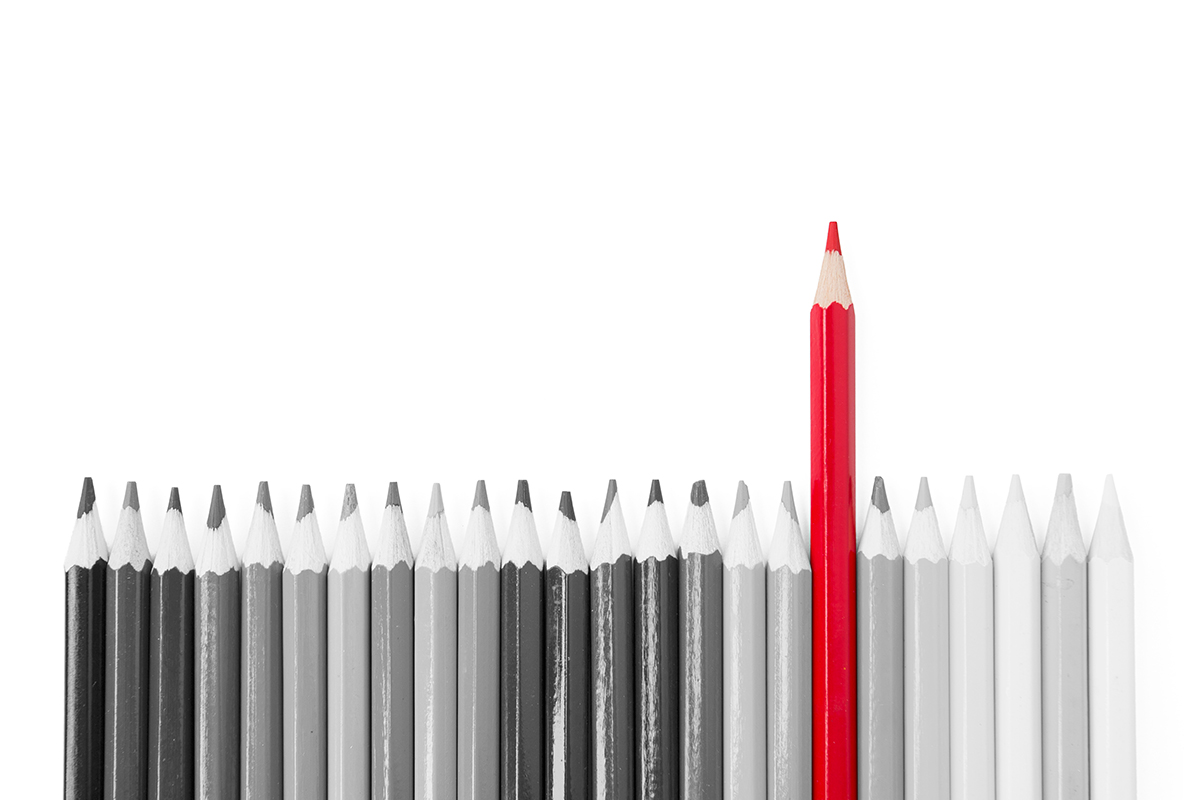“Natural hair, racism and gender equality”
March 11 Mothers are advocating for their daughters’ rights to exist as black people, unashamed of their roots – from historical to follicle – writes Alicia Wallace, 29, a Commonwealth Correspondent from Nassau, Bahamas.
Mothers are advocating for their daughters’ rights to exist as black people, unashamed of their roots – from historical to follicle – writes Alicia Wallace, 29, a Commonwealth Correspondent from Nassau, Bahamas.
Young women are holding fast to their identities and rights as citizens and members of the African diaspora.
They are unapologetic about the natural state of their hair, even in the face of subjective policies and discriminatory interpretations.
#FreeThePuff spread across the nation in a matter of hours, across gender, generational, class, and religious lines, uniting black Bahamians who recognize the power of natural hair and the threat to its existence that necessitates this dialogue and this movement.
Many roll their eyes when we decry the slavery we continue to suffer, failing to see through the mask of law and the pursuit of success, which leads to the perpetuation of respectability politics.
- If you want to get a job, you need to process and style your hair
- If you want your children to have a chance at admission into schools and the first round of job interviews, you need to give them Anglo names.
- You need to use slang and dialect with your own kind, and stick to Standard English when in the presence of those to whose positions you aspire.
Where will the line be drawn?
The statement released by the Ministry of Education, Science & Technology claims it appreciates “the natural and cultural heritage of The Bahamas” and the responsibility of “tolerance and understanding”. The statement goes on to describe the natural state deemed acceptable by the Ministry of Education, Science & Technology as “properly groomed and neat”. This, clearly, is open to interpretation and therein lies a part of the problem. This vague statement leaves room for the administration of each school to enforce its own rules, fueled by internalized prejudices and systemic racism.
Is chemically straightened hair properly groomed and neat when on its fourth day of a well-gelled hairstyle? For hair to be properly groomed and neat, does the texture and style have to be attractive to school administrator with the authority to make the call?
Many social media users have posted that gender equality is more important than the issue at hand, but the latter is getting more attention.
The idea that this issue of young women being told that their hair is unprofessional and asked to alter it to receive an education is not important, or not as important as some other issue, is dangerous.
Sense of self, self-esteem and self-respect are important. If we don’t have these things, we are not able to recognize and rebuke discrimination when it is enacted against us. If we don’t have these things, we are liable to discriminate against others in the same ways.
If we lose our identity, what is left to fight for?
Gender equality is important. Transparency and accountability in government are important. National health insurance and unemployment are issues of national importance.
Who is prepared to say that any of these is more important than anti-racist movements? Who is prepared to say that the way we see, think about, and treat ourselves and those who look like us is not reflected in every other issue that vexes us?
Who is prepared to say that racism, colourism, sexism, and classism do not rear their ugly heads every time we make judgements about murder victims, support the subjugation of women, refuse to patronize black-owned businesses, or view a job application?
These are personal issues. These are political issues. These are social issues. These are all our issues, as Bahamian people, as Caribbean people, as formerly colonized people, as black people, as the descendants of slaves, and as people who continue to suffer the effects of slavery and colonization every day of our lives.
There will always be a cause more worthy, an issue more relevant, to those outside of the Venn diagram of people who are directly affected and people who care enough to support them. That is okay.
If an issue speaks to you, speak to it. If you have it in you to do something about an issue, do it. You will not identify with every issue or every movement built in response. That is okay. It is not okay to tear it down, minimize it, or ridicule the people who support and help to carry it.
This is your call to action. Support a movement you believe in. Make a donation to a non-profit organization doing work you think is important. Get a group of friends together to work on project related to a common interest. Mentor a young person. Talk to your neighbours about community issues. Use social media to share your points of view, call others to action, and make real change.
Pointing fingers, complaining, and ridiculing people doing real work isn’t helping.
Reach Alicia on Twitter @_AliciaAudrey
photo credit: DSC00098-Wendy-01 via photopin (license)
…………………………………………………………………………………………………
About me: I am a writer and blogger, living and working in Nassau, Bahamas. I’m a women’s rights activist and youth advocate. Trained in economics and finance, I believe improving the educational system will result in a higher rate of civic participation. My work has been in the non-profit world. I am Director of Hollaback! Bahamas, a global movement to end street harassment, co-founder of Coalition to End Gender-based Violence & Discrimination, and Director of Equality Bahamas’ educational campaign
…………………………………………………………………………………………………
Opinions expressed in this article are those of the author and do not necessarily represent the views of the Commonwealth Youth Programme. Articles are published in a spirit of dialogue, respect and understanding. If you disagree, why not submit a response?
To learn more about becoming a Commonwealth Correspondent please visit: http://www.yourcommonwealth.org/submit-articles/
…………………………………………………………………………………………………




